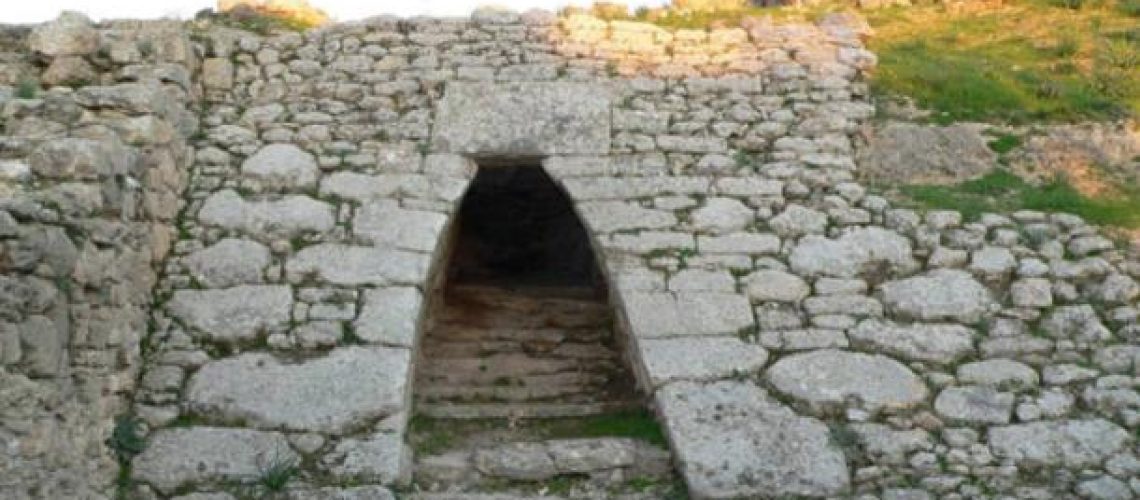
A new study argues that a 3,000-year-old hymn from the ancient Syrian port city of Ugarit shares remarkable musical patterns with sacred texts from ancient India, suggesting the existence of a global musical culture during the Bronze Age. The theory challenges our understanding of how isolated ancient civilizations were and claims music is perhaps history’s first universal language.
The Hymn to Nikkal Reveals Ancient Connections
The Hymn to Nikkal, discovered in Ugarit’s royal archives, represents the earliest known musical score complete with both lyrics and musical notation. Written in the Hurrian language on clay tablets, this sacred song honored Nikkal, goddess of orchards and fertility. Recent research by Dan C. Baciu from the University of California, Santa Barbara, a not yet peer-reviewed paper published in Preprints, demonstrates that this ancient composition shares extraordinary similarities with the Rig Veda, one of India’s oldest sacred texts.


